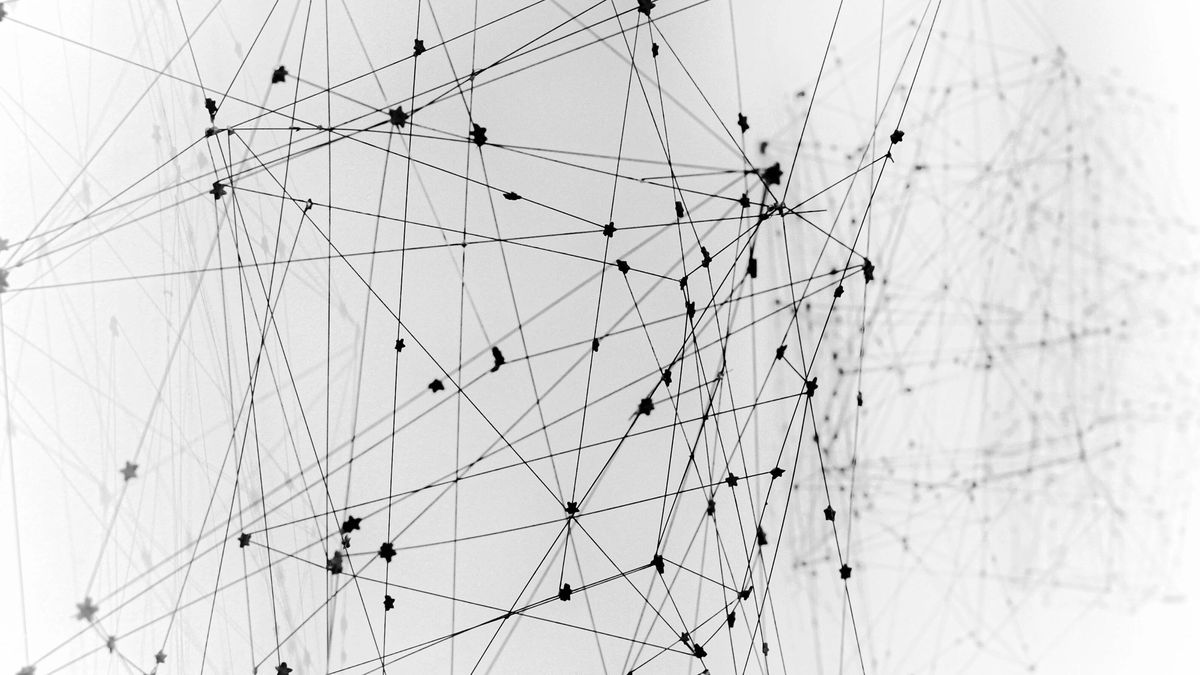
Reclaiming Cybernetics as Systems
This is a response to How To Be a Systems Thinker by Mary Catherine Bateson.
I personally had a history of having a hard time understanding the term 'cybernetics' while reading academic texts, since I tended to think cybernetics as in technology, not as in systems theory. I agree to her point of view that we need to reclaim and emphasize the systems theory side of cybernetics, especially in an era where a system point of view is desperately needed but largely ignored.
An example that I can think of systems theory in everyday life is recycling. One of the things I found surprising after moving to the United States is that I couldn't find recycling bins easily, and I was supposed to throw plastic, glass and metal cans in the same waste bin with the other wastes. This is because in South Korea, where I came from, recycling and separating waste is quite a social norm in the streets, buildings and houses. However, I recently discovered that a large part of the plastic in South Korea was only separated; after being separated, they weren't tracked if they are being recycled properly. A large amount of this plastic was exported to other countries. This resulted in a national waste crisis in 2018 after China's ban on waste imports, not being able to handle the massive amount of plastic that was separated but not recycled. To borrow Beteson's terms, the plastic wasn't gone, it had gone somewhere.
Beteson mentions the importance of switching from making distinctions to recognizing relationships and connection. I am strongly in parallel with this opinion. Everything is connected, and especially when we're dealing with technology it is important to remember this point of view. It is easy to think when making software we are dealing with a virtual world that is separated from the physical world. Kate Crawford and Vladan Joler's Anatomy of an AI System (2018) made me rethink about this mindset. While consumers enjoy commercialized AI speakers and big tech companies collect an immense amount of data, there are unpaid e-waste, landfill workers and underground miners who are exploited to produce raw materials or rare earth elements.
On the other hand, we can also find interesting projects such as The Low Tech Magazine, a solar-powered website. I feel as a technologist or a designer, we are all responsible to not make another electrical product that will be forgotten in less than 5 years, and to think about the impact that the project we're working on will have - especially in the widespread tech culture which only rewards the fast and the new.
Interesting links
Röyksopp, Remind Me(2002)
Kate Crawford & Vladan Joler, Anatomy of an AI System(2018)